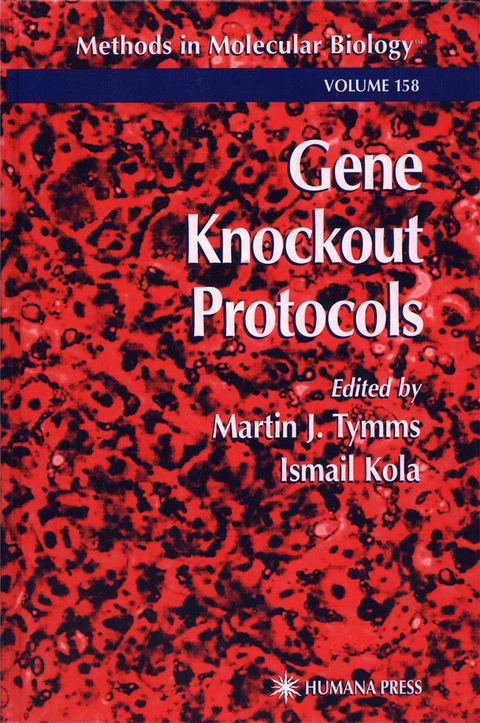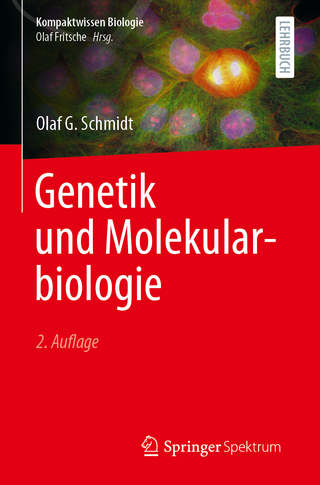
Gene Knockout Protocols
Humana Press Inc. (Verlag)
978-1-61737-080-9 (ISBN)
Overview.- Isolation and Maintenance of Primate Embryonic Stem Cells.- Gene Targeting in ES Cells.- Manipulating Mouse Embryonic Stem Cells.- Gene Targeting in a Centralized Facility.- The LoxP/CRE System and Genome Modification.- Creation and Use of a Cre Recombinase Transgenic Database.- Choice of Mouse Strains for Gene Targeting.- Isolation, Microinjection, and Transfer of Mouse Blastocysts.- Aggregation Chimeras.- How to Study Pathologic Phenotypes of Knockout Mice.- Analysis of Hematopoietic Phenotypes in Knockout Mouse Models.- Isolation of Embryonic Fibroblasts and Their Use in the In Vitro Characterization of Gene Function.- Influence of Genetic Background on Knockout Mouse Phenotypes.- Lineage Allocation During Early Embryogenesis.- Generation of Double-Knockout Embryonic Stem Cells.- In Vitro Differentiation of Embryonic Stem Cells and Analysis of Cellular Phenotypes.- Embryonic Stem Cells in the Study of Hematopoiesis.- Interferon-Inducible ES Cell Expression Systems.- Transgenic Studies in the Mouse.- In Vivo Libraries of Large Insert Transgenic Mice for Genetic Mapping.- Epigenetic Effects on Transgene Expression.- Positional-Candidate Cloning of Genes from Mouse Mutants.- Genetically Engineered Mice.- Embryo Cryopreservation for Transgenic Mouse Lines.
"This is a valuable reference work, which will no doubt find a home on many lab benches." -E-STREAMS
| Erscheint lt. Verlag | 10.11.2010 |
|---|---|
| Reihe/Serie | Methods in Molecular Biology ; 158 |
| Zusatzinfo | XI, 431 p. |
| Verlagsort | Totowa, NJ |
| Sprache | englisch |
| Maße | 152 x 229 mm |
| Themenwelt | Medizin / Pharmazie ► Medizinische Fachgebiete |
| Studium ► 2. Studienabschnitt (Klinik) ► Humangenetik | |
| ISBN-10 | 1-61737-080-0 / 1617370800 |
| ISBN-13 | 978-1-61737-080-9 / 9781617370809 |
| Zustand | Neuware |
| Haben Sie eine Frage zum Produkt? |
aus dem Bereich


